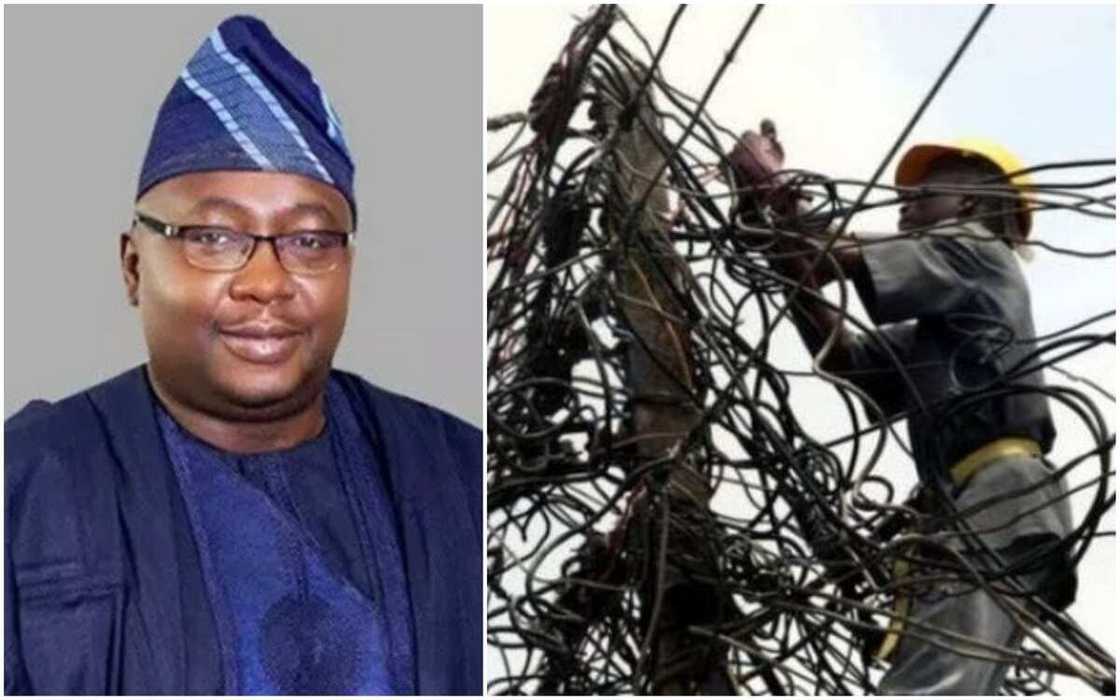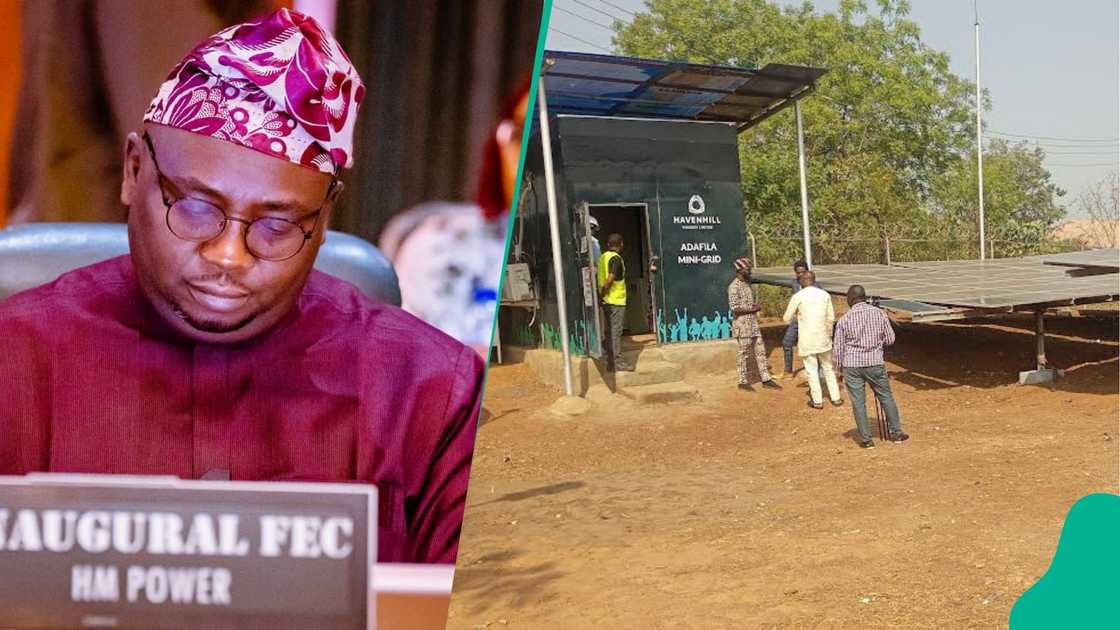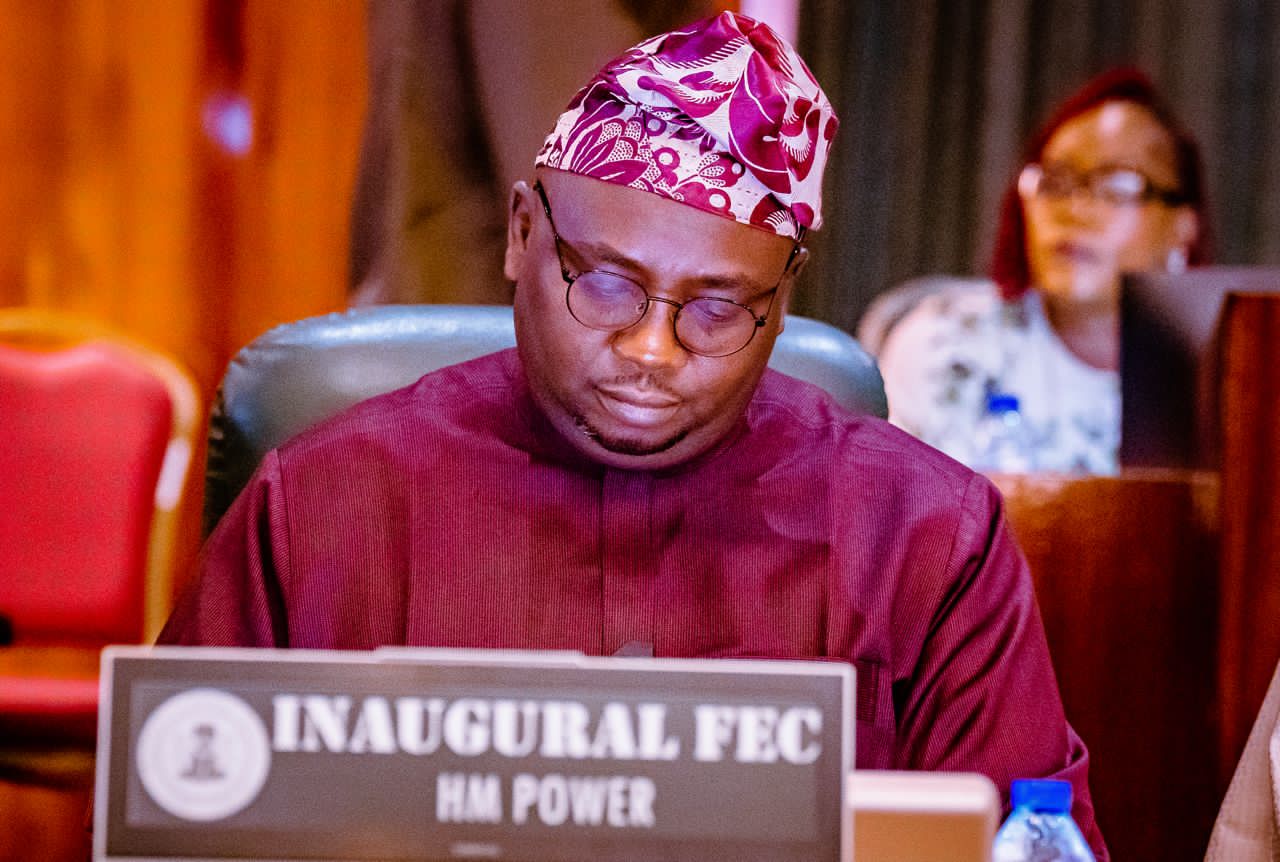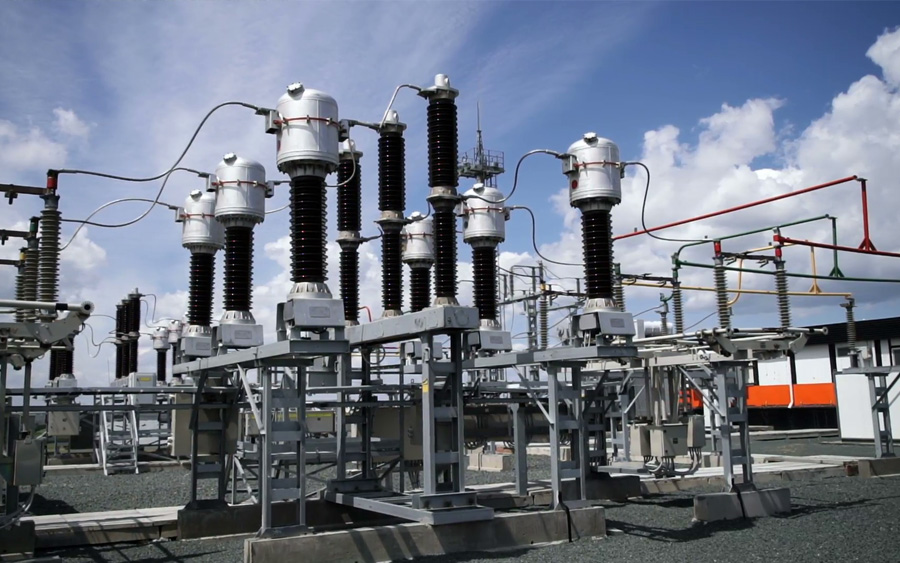FG Releases $122 Billion Investment Plan For Power Sector, Postpones Electrification Deadline
- The federal government has unveiled a $122 billion strategic investment plan for the power sector
- The investment would be channelled into exploring power generation from new sources for the national grid
- The plan also detailed how this fund would be raised and allocated to address several key challenges
Legit.ng journalist Ruth Okwumbu-Imafidon has over a decade of experience in business reporting across digital and mainstream media.
The federal government has unveiled a strategic plan to attract a significant investment of $122.2 billion, aimed at diversifying the country's energy mix, reducing reliance on the national grid, and improving the overall stability and sustainability of its energy infrastructure.
The investment, set to be raised over 21 years from 2024 to 2045, aims to reduce the country's dependence on hydropower and gas-fired thermal plants. The initiative seeks to diversify the nation's energy portfolio by incorporating a range of renewable and advanced energy technologies.
Read also:Wife Abandons Husband Who Fell Sick Abroad Takes Her Children And Moves Out Of House
Presently, Nigeria's on-grid electricity supply is predominantly sourced from gas-fired and hydroelectric power plants in an 80:20 ratio.

To change this, the plan will incorporate a range of energy sources from hydrogen, solar photovoltaic systems, biomass, wind energy, and gas projects enhanced with carbon capture, utilisation, and storage (CCUS) technologies, nuclear power, concentrated solar power, and bioenergy.
This investment proposal was contained in the newly released 2024 Nigeria Integrated Resource Plan and the National Integrated Electricity Policy (NIEP), the PUNCH reports.
FG to invest $192 million in power sector
The government also outlined plans to invest $192 million over a five-year period, from 2024 to 2028, to enhance the transmission capacity, improve the energy infrastructure, and ensure more reliable electricity distribution from the national grid.
The NIEP, still pending approval from the Federal Executive Council, aims to establish a comprehensive framework for implementing the Electricity Act.
It also seeks to address the challenges during the transition, align with other energy policies, and outline strategies for expanding renewable energy, among other objectives.
Read also:She Wants Lambo Fans React To Burna Boy And Naomi Campbells Fun Time In France
Despite having an installed electricity generation capacity of approximately 13,000 megawatts, the actual available capacity often falls short, averaging about 4,200MW with a peak of around 5,543MW.
This discrepancy is largely due to operational inefficiencies, maintenance issues, and constraints in gas supply, which are largely driven by financial limitations.
Breakdown of FG's $122 billion investment plan
The document reveals a plan to enhance the security of power supply to the national grid and reduce the loss of load expectation from 100 hours per year in 2024 to just 24 hours per year by 2035. Spinning reserves will be set at 900MW to ensure a more stable and resilient energy system.
The largest part of the planned investments will go to solar photovoltaic technology, with about $56 billion earmarked for its development.
Next is hydroelectric power projects with $39 billion, $16 billion for natural gas projects, and $6 billion for the rest.

FG postpones electrification deadline
The NIEP document also postponed the deadline for the universal electrification from 2030 to 2035.
It acknowledged that it is no longer feasible to phase out self-generation by 2030, hence the new deadline.
FG to electrify 25 million Nigerians
Earlier, Legit.ng reported that the federal government set a new target to provide electricity to 25 million Nigerians by 2028.
The Rural Electrification Agency (REA) MD, Abba Aliyu, explained how this project would be funded with input from local and foreign sources.
Aliyu also gave insight into the pricing framework that would be applied in the project to ensure sustainability.
Proofreading by James, Ojo Adakole, journalist and copy editor at Legit.ng.


